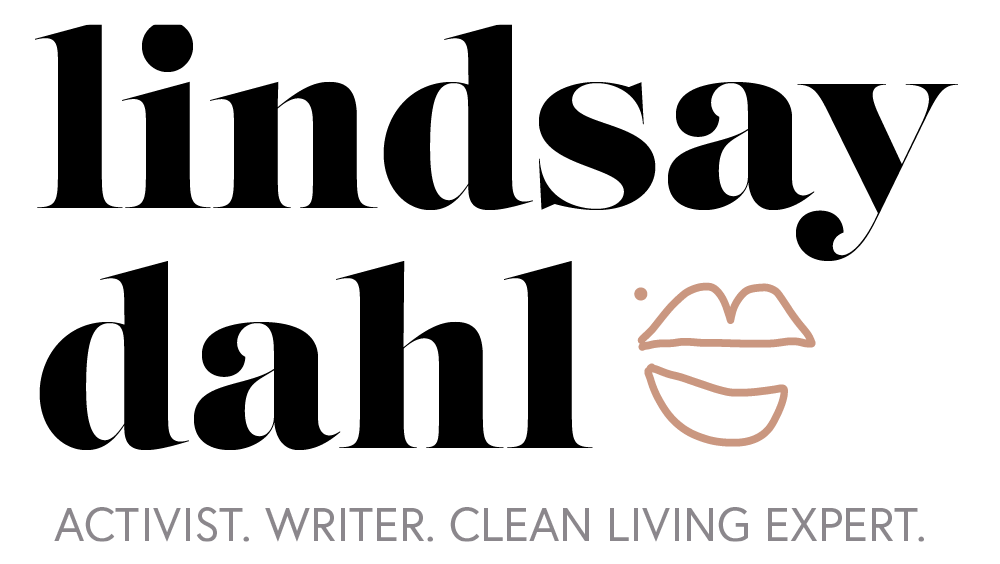The U.S. Food and Drug Administration (FDA) has made some major steps forward in recent months to protect consumers from synthetic food additives to launching a consumer survey about allergens in personal care products. The ability of the FDA to maintain its neutrality in an otherwise polarized D.C. gives me hope for the future state of cosmetics regulations!
For the first time since 1975, the FDA is launching a customer perception survey, this time focused on the effect of allergens in personal care and beauty products.
What’s the Deal with the Allergen Survey?
The agency is opening the survey to the public until June of 2019 and if you’ve had issues with allergens in beauty products, you can submit your feedback HERE.
Allergens are common in personal care products, as they range from intentionally added allergens, like:
- Geraniol: rose scent
- Eugenol: spicy, clove-like aroma
- Hydrocitronellol: floral aroma, suggestive of Lily of the Valley
- A-amylcinnamal: jasmine-like scent
And more subtle allergens that can be found in natural fragrances like essential oils. Some people have had negative reactions to products (specifically allergens) and to date haven’t had a meaningful way to have their voice heard with the federal agency overseeing personal care product safety.
FDA Commissioner Scott Gottlieb stated,
“Gathering information about consumer experiences with cosmetic products, especially adverse reactions such as irritated skin or an allergic reaction, is critical to the FDA’s ability to effectively conduct surveillance and oversight of these products in the U.S. marketplace. As part of the FDA’s ongoing efforts to learn more about allergens in cosmetics, we’re announcing today our proposed plans to conduct a survey to collect information that will improve our current understanding of adverse events associated with allergens in cosmetics. To help ensure we are collecting all relevant information, as a first step, we are asking for public input on the survey. The information that the FDA collects through this survey is an important step in advancing a process for reducing exposure to allergens in vulnerable individuals.”
Let’s take this as a win and I look forward to seeing the results from the survey.
Join my mailing list and never miss a post.



